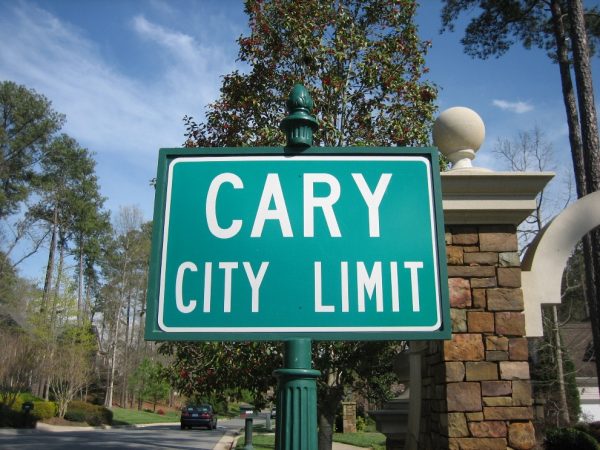Healthy Growth
“Healthy growth” is an arresting notion. If “growth” is preceded by “healthy,” then people, communities, and organizations flourish.
I was raised in Cary, in eastern North Carolina. When my family moved to Cary in 1959, there were about 3000 people and one stoplight. Ashworth’s Drugs was our pharmacy and the main lunch counter for blue and white-collar workers alike. I rode my bike and chased chickens at Kildare Farm. Most people knew “Ricky,” so Dad usually got wind of my shenanigans before sundown.
Although I have been all over the world, I again live off of Kildare Farm Road, now a multi-lane thoroughfare that runs through the heart of Cary. Where the farm was, a shopping center is now. Condominiums have sprung up where tobacco once grew. A mall now sits on our former baseball field. My cozy “town” is now the seventh largest “city” in North Carolina, home to more than 145,000 people. Most residents are “Yankees” who work in the Research Triangle, headquarters for more than 170 global companies including IBM, Syngenta, Credit Suisse, and Cisco. Most don’t know the Cary of my youth.
I’m grateful that growth means that a hospital, a world-class gym, and hundreds of fine eateries are within minutes of my house. I’m glad that people from most every culture and religion now call Cary their home. The progress and healthy growth of the city of Cary is a good thing.
When the quest for “growth” overshadows “health” it is easy to lose our way.
Healthy Growth in Leadership
Leaders want to be part of something that is robust and fruitful. No leader wants to fail. To be called a failure is considered a damning indictment. There is a desire within each of us to be seen and appreciated and to have security and significance. When all is said and done, we want to be valued and loved. To be promoted and esteemed tastes sweet.
But like cotton candy, the sweet taste of success does little for our authentic selves. In a distorted world where people are in constant competition with one another, the quest to outdo the next guy is firmly entrenched in each human heart. Leaders resort to power and control to make things happen. They may state that people are the organization’s most valuable resource, but they often prioritize the success of the organization at the expense of people.
Neil Postman lauded “the loving resistance fighters” who:
- refuse to accept efficiency as the pre-eminent goal of human relations;
- have freed themselves from the belief in the magical powers of numbers, do not regard calculation as an adequate substitute for judgment, or precision as a synonym for truth.”1
“Healthy” and “growth” are not inseparable, so let’s keep “healthy” before “growth” for the common good.
1Neil Postman, Amusing Ourselves to Death: Public Discourse in the Age of Show Business: New York, Penguin Group, 1985.

Leave a Reply